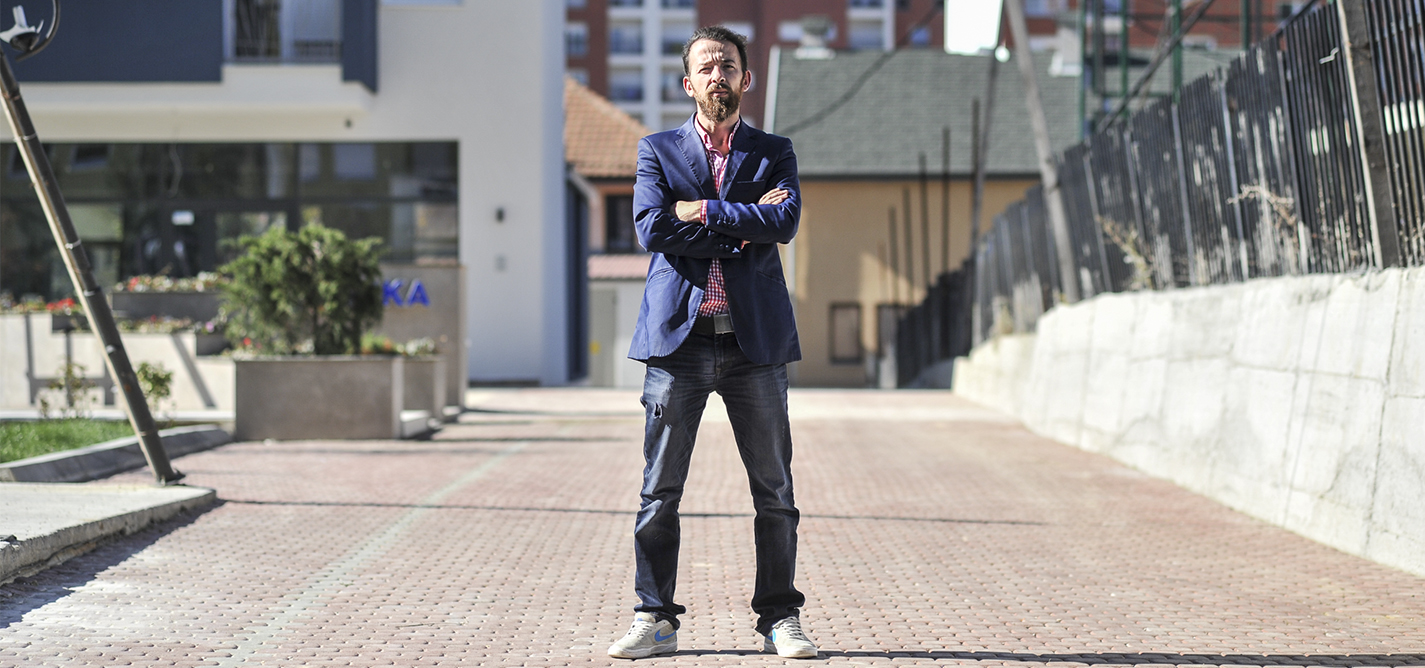
Fighting back on Facebook
Social media helping activists put pressure on the municipalities.
Driton Gusia, a member of United for Animals Facebook group, started a petition which called for the termination of stray dog killings in Kosovo, it was signed by more than 120,000 people.
The Case of Vushtrri Castle

Ngadhnjim Avdyli
Ngadhnjim Avdyli is a former K2.0 staff journalist, covering mainly politics, governance and social justice issues. He has a degree in journalism from the University of Prishtina.
This story was originally written in English.